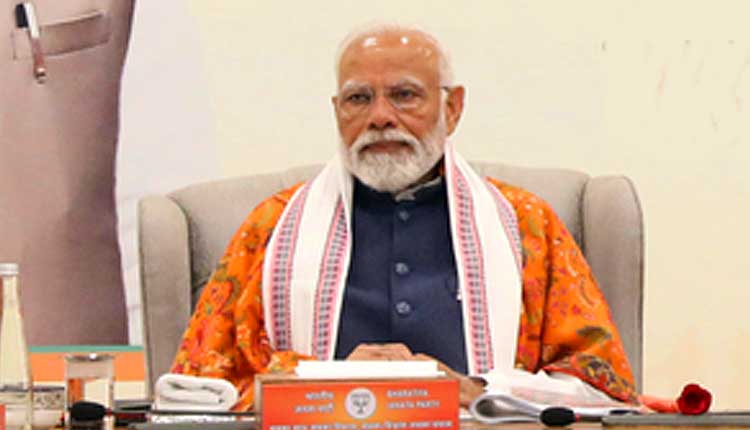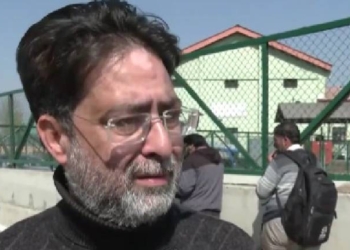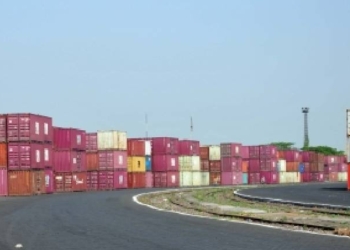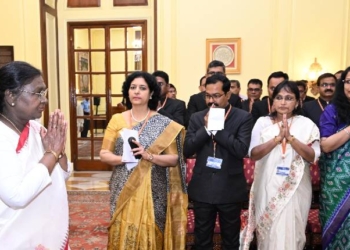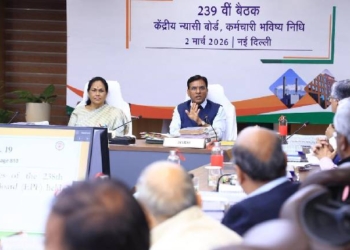New Delhi: An analysis by global brokerage UBS of the past four general election manifestos (2004-24) suggests that the Modi government was better in fulfilling their stated manifesto compared to Congress.
The Modi government’s focus on balancing economic reforms with social welfare schemes for the bottom of the pyramid (including a potable water connection for every household, the state provision of housing support and medical insurance, the opening of bank accounts, free LPG connections and free food rations, among others) seems to have worked in their favour, UBS said.
Besides economic reforms, recent opinion polls suggest the government’s handling of COVID-19, building the Ram Temple and the revocation of Article 370 have helped bolster support, UBS said.
Over the past year, the recovery in rural demand has been mixed owing to weather related uncertainty, tepid rural wage growth and the government’s supply-side measures (to contain inflation). However, the Modi government has not announced substantial pro-rural populist schemes in the run-up to the 2024 elections to entice voters, as per UBS.
Instead, the government has focused on inclusive growth (partly to cover the pandemic shock) with expenditure on rural-focused schemes (including drinking water, employment support, housing and rural roads) recording a 16 per cent CAGR over FY19-24. On the contrary, it seems the women-centric polices have taken centre stage, especially since 2023, UBS said.
The growing inclination of political parties to offer targeted welfare benefits to women (cash support, free bus travel, cooking gas subsidies, women-centric legislation, amongst others) is closely linked to the rising percentage of women participating in the electoral process over the years.
Notably, the voter turnout reversed in the 2019 election for the first time with female voter turnout being higher than that of males, UBS said.
(IANS)




